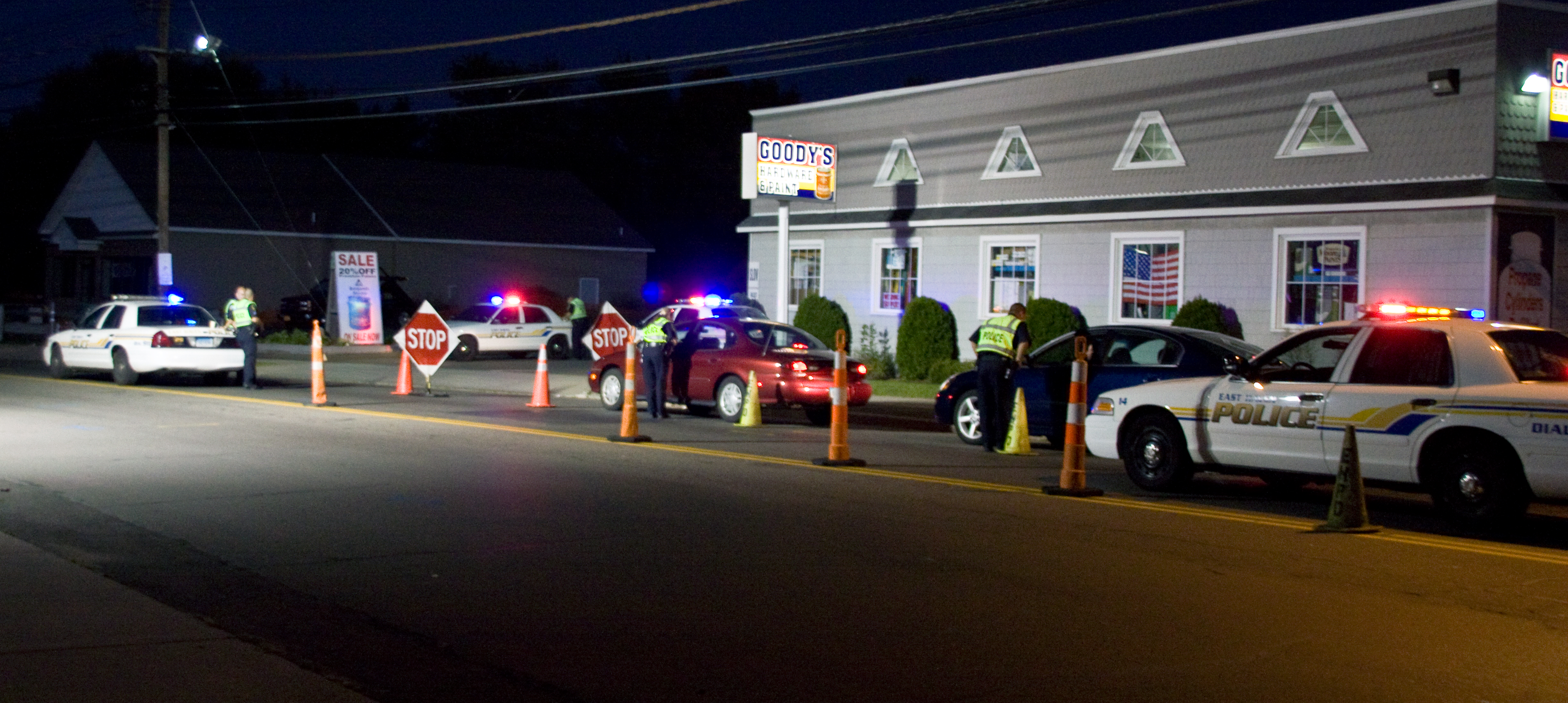Do You Know What You Should Do If You're Pulled Over High?
Many drivers know the implications of a DUI on their record – there’s jail time, fines, and driving suspensions. But driving under the influence goes far beyond just drinking alcohol and driving. If you are smoking you can be just as liable for a DUI.I used to believe that police officers could not charge and arrest you if you’re driving under the influence of marijuana and did not have the drug on you. The law does not allow police officers to search your car without probable cause or visible evidence of paraphernalia, so therefore you should be able to exercise your right to deny a search of your vehicle.
Unfortunately, this initial assumption was wrong. If you appear to be high, an officer does have the right to cuff you for a DUI and take you to prison. If you’re pulled over while high, you may want to follow these instructions to avoid a possible charge.
The Bottom Line, Are You High?
Many people have claimed that it’s easier to hide “being high” than it is to hide “being intoxicated”. If you have a medical license to smoke marijuana than the officer may be willing to let you go on the basis of medical condition if the substance does not appear to be abused. Due to the fact police officers cannot take your blood on the side of the road; they do not know exactly how much THC is in your blood. But I would recommend avoiding this conversation altogether. After blood tests and the arrest, you will be able to use the medical card to show proof that you are legally allowed to consume the substance.If you appear incoherent the officer will most likely take you in and have a blood test performed. Even with this blood test, if you have the proper lawyer and a medical usage card, you should be able to expunge all charges against you. If you don’t have a medical license than you may want to follow these steps to avoid heavy charges:
Be Smooth and Roll-Down Windows
When you see the police officer in your rear view window and you know that you will be pulled over, slightly lower your window on your passenger and back seat side of the car. While your car is coming to a stop, the cracked window will create a vacuum and hopefully eliminate odors within your car when the officer approaches.One of the biggest contributors to probable cause is “smell”. If a police officer smells marijuana, you can be certain they will ask you for a sobriety test. Avoiding sobriety tests is your number one goal when guilty of driving high and attempting to hide it, because police officers make the test very difficult to pass - even some sober drivers fail. Make sure to have all information ready and roll your driver side window down completely when speaking with the officer. If you cracked the other windows, the smell should have subsided while slowing to a stop.
Exercise Your Rights
You have the right to be silent, you have the right to a lawyer, and you have the right to refuse a search of your vehicle without probable cause. Police officers will only tell you these rights after you have been cuffed and at that point it is too late. Make sure that you educate yourself prior to an encounter. Politely ask the officer if you are free to go after he has checked your registration and driver’s license. If he insists for a voluntary roadside test, you have the option to refuse – but in the process he may take you in for blood tests anyways, which will result in license suspension.Make Your Choice
If the officer suspects you are high, he will ask you to conduct a sobriety test. It is then a gamble for you to decide what you may lose in the process. If you believe that you are not that high and want to risk being charged, conduct the test and hopefully pass. If you know you will fail, refuse the voluntary roadside test and take the license suspension, which is a possible consequence of refusal.If you are pulled over for a DUI, make sure you contact your lawyer immediately. The sooner your lawyer enters the picture, the better off you'll be because they can counsel you on the proper course of action to limit any sort of charges placed against you.
Featured images:
 License: Creative Commons image source
License: Creative Commons image source
